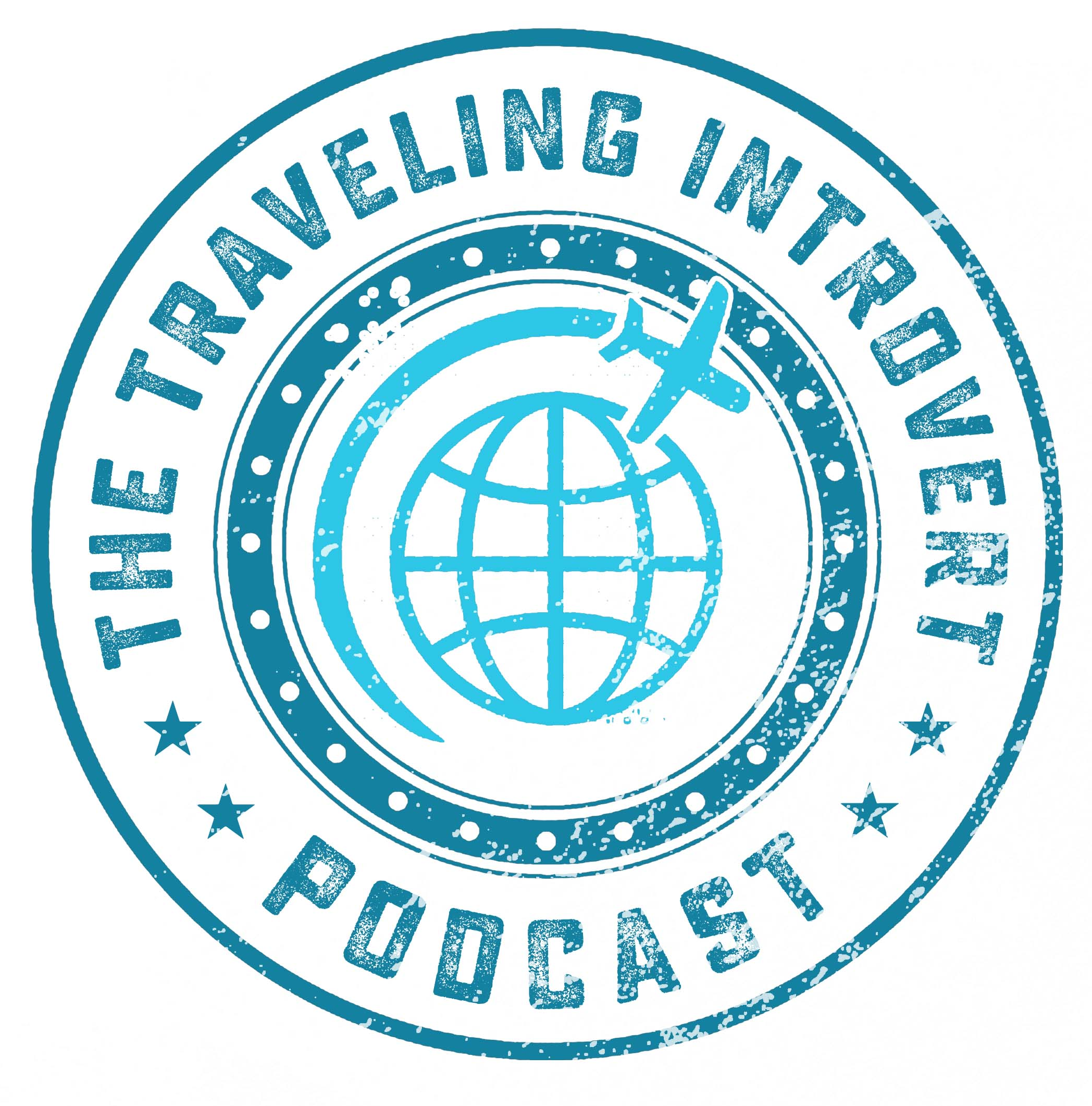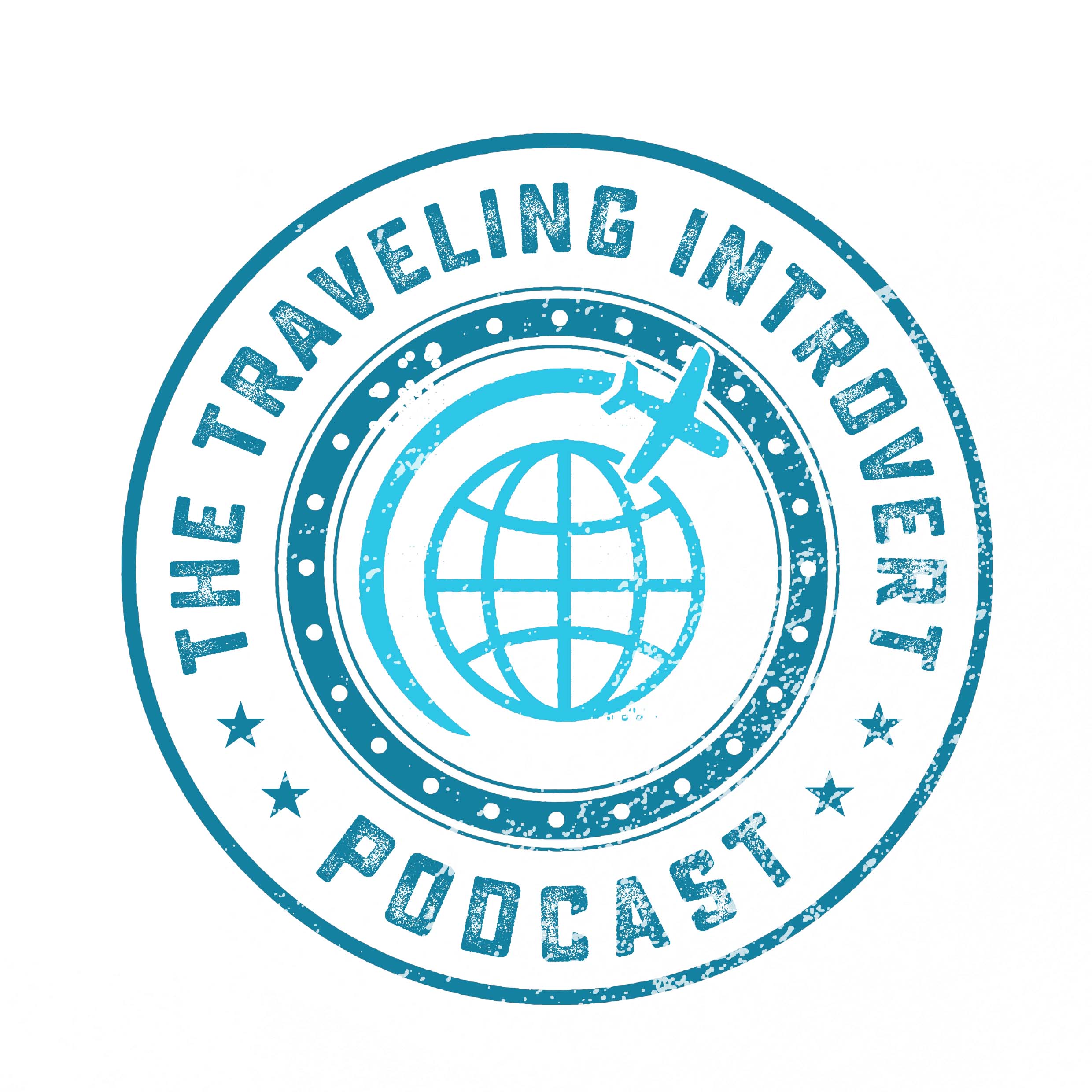Episode 403
Navigating the "Tell Me About Yourself" Question
1. Introduction
- Discussion context: a question from a summit attendee about answering "Tell me a little about yourself"
- Opinion on the question: Viewed as a lazy question
- Relevance: Common in interviews, podcasts, and networking events
- The challenge with the question: Vague and non-specific
2. Issues with the Question
- Lack of specificity: Burden on the responder to guess the intent
- Signal sent by the responder: Impression of unpreparedness
- Missed opportunity: Potential insight lost with a vague question
3. Importance of the Response
- Critical role in what happens next in an interview
- Recommendation to use a framework
4. Suggested Framework
- Present-Past-Future or Past-Present-Future structure
- Present
- : Brief explanation of the current role or recent work
- Past
- : Highlight relevant experiences or accomplishments
- Future
- : Connect skills to the role and express enthusiasm
5. Tailoring the Response
- Relevance to the job and company
- Focus on 2 or 3 key points aligned with the role
- Preparation in advance for the question
6. Including a Hook
- Start with a compelling sentence or story
- Example: Personal anecdote linking to professional values
7. Avoiding Pitfalls
- Keep it concise: Aim for a 60 to 90-second response
- Avoid rambling
- Avoid reciting the entire resume
- Highlight non-resume items: Charity work or extra projects
8. Positive Conclusion
- Ending on a positive note
- Transitioning to other questions or parts of the interview
- Example concluding statement to signal an end and transition smoothly
Transcript
Hello, and welcome to The Traveling Introvert. Today, I want to talk about an interview question that came up. I was speaking to someone after I'd done a summit, and they asked me, how am I supposed to answer the question? So tell me a little something about yourself. And my first response was, well, it's a lazy question, but I know that wasn't the answer that they were looking for. And here's the thing. It is still a common question, not just in interviewing for jobs, but on podcast episodes or when you meet someone in a networking event. They're like, so tell me a little bit about yourself. And it's so vague and nonspecific that it makes it it can make it a difficult question to answer.
Janice Chaka [:The lack of specificity puts the onus on the candidate or the person you're talking to to kind of guess what it is you're what you want to know. Is it something personal? Is it something about a project? Is it something about your future plans? Is it the fact you like cats over dogs? What is it? And, honestly, for someone answering that question, it can signal or it can send the signal that they haven't prepared. They haven't thought about tailored questions. And the other thing is it can really miss an opportunity for insight. A well phrased question could uncover specific skills or experiences or culture fit or whatever it is that you're digging for, but when you just ask, tell me a little bit about yourself, you leave the person who has to answer the question guessing, and so that is really frustrating. However, while this question may come across as lazy, the response is really critical to then what happens next. So I highly recommend that you sort of start with a framework for yourself. You could use the present past future structure or what the past present future structure.
Janice Chaka [:Whatever it is, pick a structure and work with it. So it could be if you're doing present first, it could be briefly explaining your current role or where you are or something that you're working on, something from the past. You could highlight relevant experiences or accomplishments, and then future, connect your skills to the thing that you want to talk about or the role and express enthusiasm. The real important thing is to keep it relevant. If you're in an interview for a job, tailor your response to the job and the company. Focus on 2 or 3 key points that align with the role that you are responding to and applying for, and so this is a move that you should prepare for in advance so that you're ready in case that question or a verification of that question gets asked. And one thing that's really key or can set you above everyone else is including a hook. So starting with a compelling sentence or story to make yourself memorable in a good way, and it could be sort of anything from growing up in a family business, taught me the value of customer service really early on and has shaped my career ever since.
Janice Chaka [:Something like that. It sets the tone. Now the other thing you need to think about is you don't want to ramble and you don't want to give your entire resume, but you do want to give highlights of why you would be good to do what it is that you're doing. Aim for something that's about 60 to 90 seconds long but try and avoid rambling and try and avoid reciting your entire resume. Ideally, you might even want to give tidbits that aren't necessarily resume driven. It could be some charity work that you do or a project that you did that was extra that's not on your resume. And the weird thing that's kind of helpful is to end on a positive note and transition into other questions or the rest of an interview if you are in an interview. An example for that would be well, that's a little bit about me.
Janice Chaka [:I hope that helps answer your question. I'd love to to dive into how my skills can contribute to your teams, your organizations, your insert thing here, success. So it gives the interviewer an easy out of, like, where that you've stopped and you're not just stopping awkwardly, and it gives them a place to go next. And so you're almost leading the interview at that stage, and then you can go on to talk about whatever it is that you want. But that's the thing. The the question is more than the question is more than about the words. It's your chance to set the stage for a strong interview, and you've got this. It's just thinking about the framework that you want to have.
Janice Chaka [:So as long as you do something that is very structured and you can remember key high key points key high points, then you should be able to go and do that and it will be wonderful. So thank you for listening. This is Janice at The Career Interpret helping you build your brand and get hired. Have a great rest of your week.



